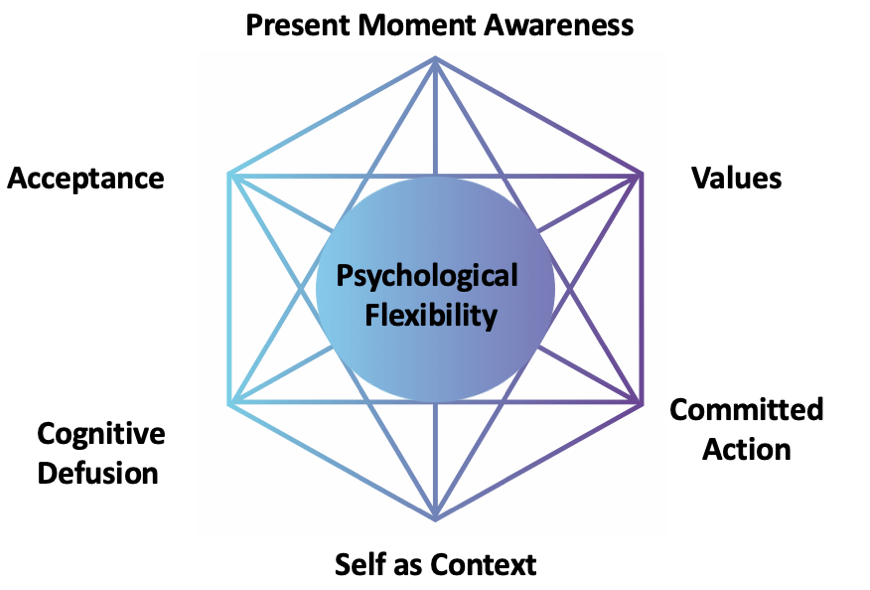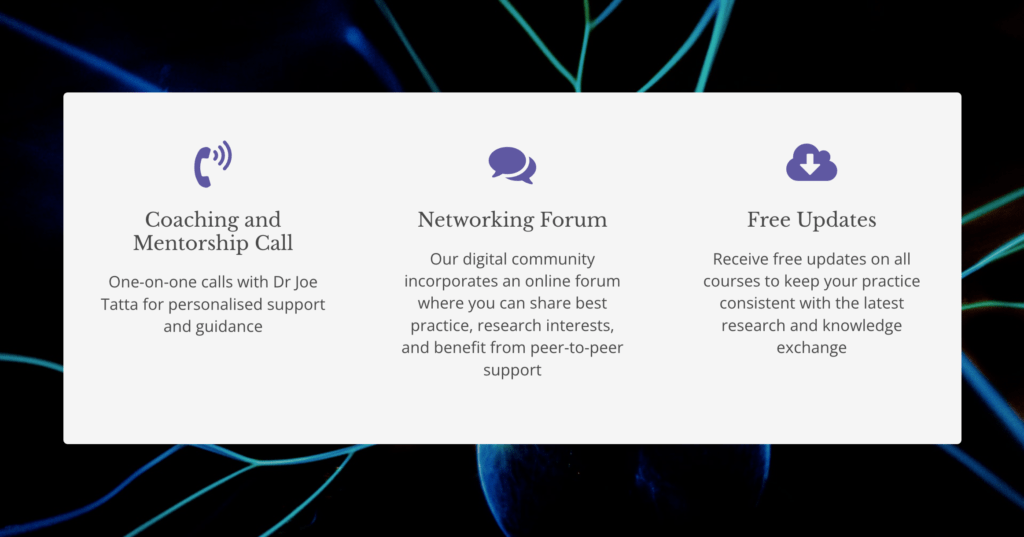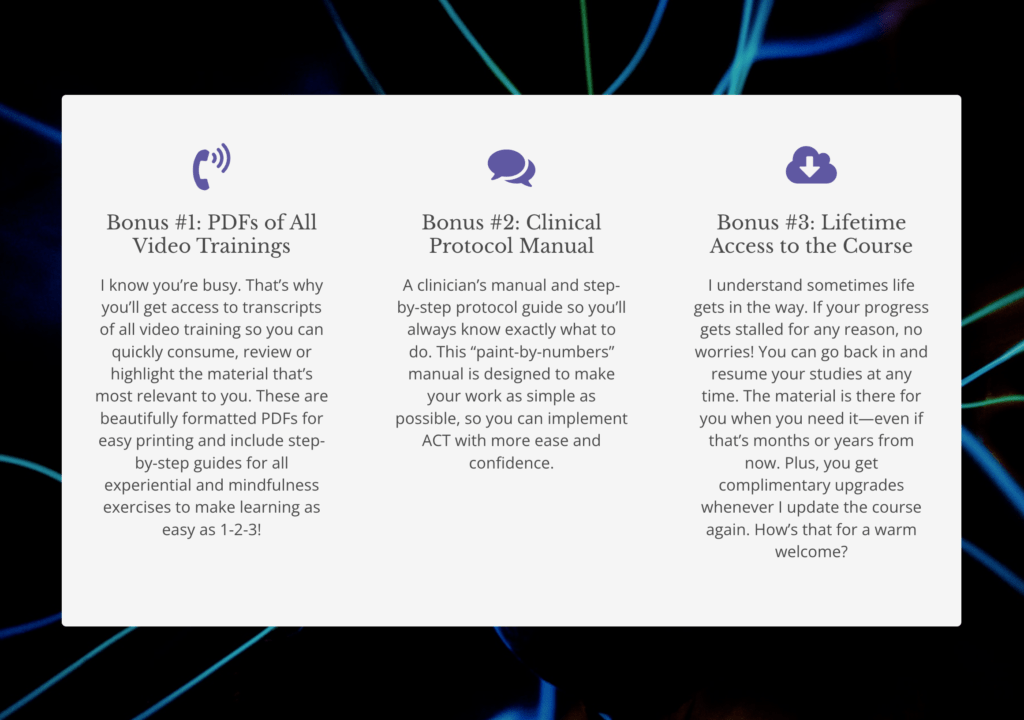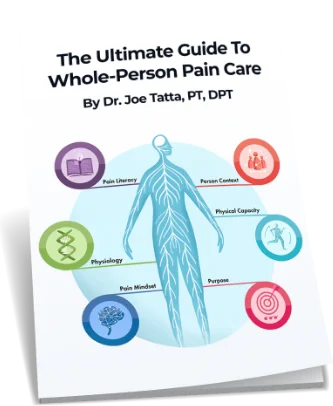Discover how to help your patients drop the struggle with chronic pain, reduce fear and anxiety, and reclaim a full and active life.
Experience the satisfaction of helping your patients suffer less and enjoy life more. The biopsychosocial model is the paradigm from which all health care professionals are expected to treat pain. Our program offers you in-depth training, mentorship, and cutting-edge research on how to use Acceptance and Commitment Therapy to treat chronic pain.
This self-paced, online training program has been designed for physical therapists, occupational therapists, health coaches, nurses, physicians, and mental health professionals.
Professionals across the globe are using ACT in a variety of clinical practice settings that treat painful conditions including rehabilitation, orthopedics, neurology, women’s health, pediatrics, and more.















